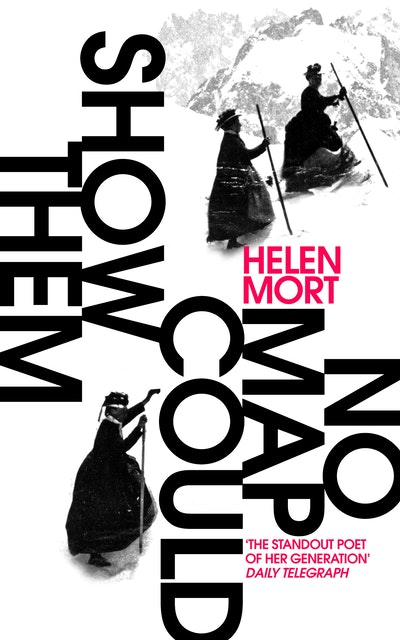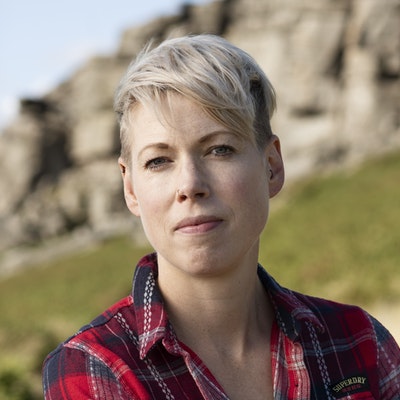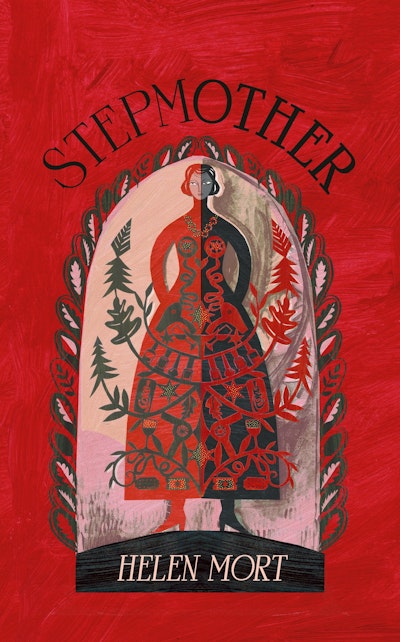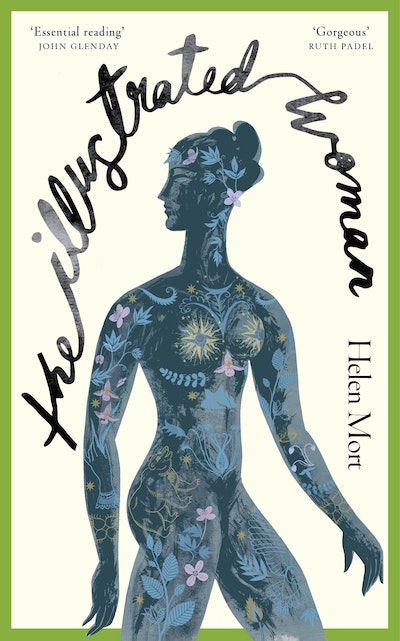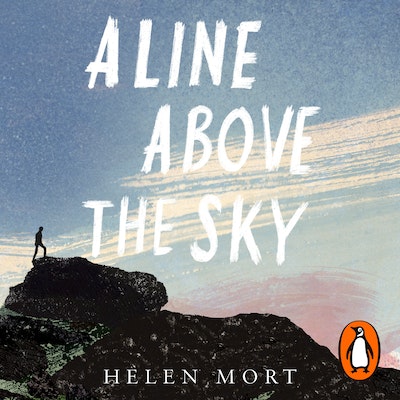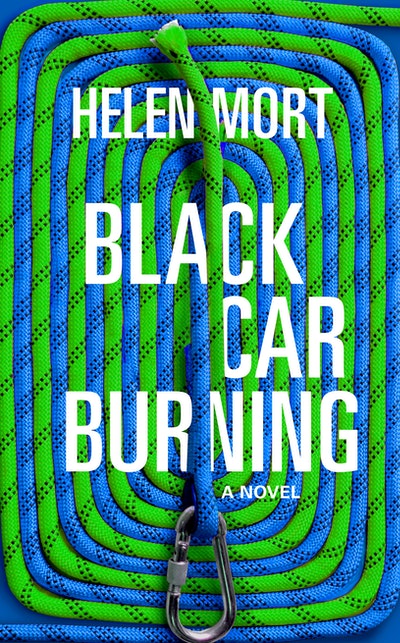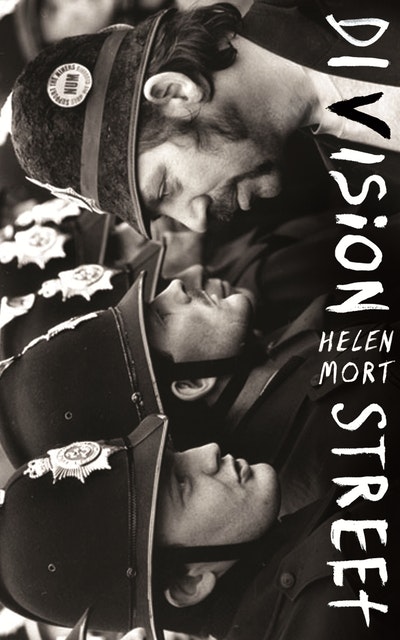[]
- Published: 15 June 2016
- ISBN: 9781784740641
- Imprint: Chatto & Windus
- Format: Trade Paperback
- Pages: 96
- RRP: $29.99
No Map Could Show Them
Formats & editions
Buy from…
- Published: 15 June 2016
- ISBN: 9781784740641
- Imprint: Chatto & Windus
- Format: Trade Paperback
- Pages: 96
- RRP: $29.99
This is a brilliant collection, thrilling in its explorations of our bodies as geological structures, and of our obsessions with mountains, stone and ice. It will come to be seen as an important book about gender and mountaineering, as well as much besides and beyond.
Robert Macfarlane
